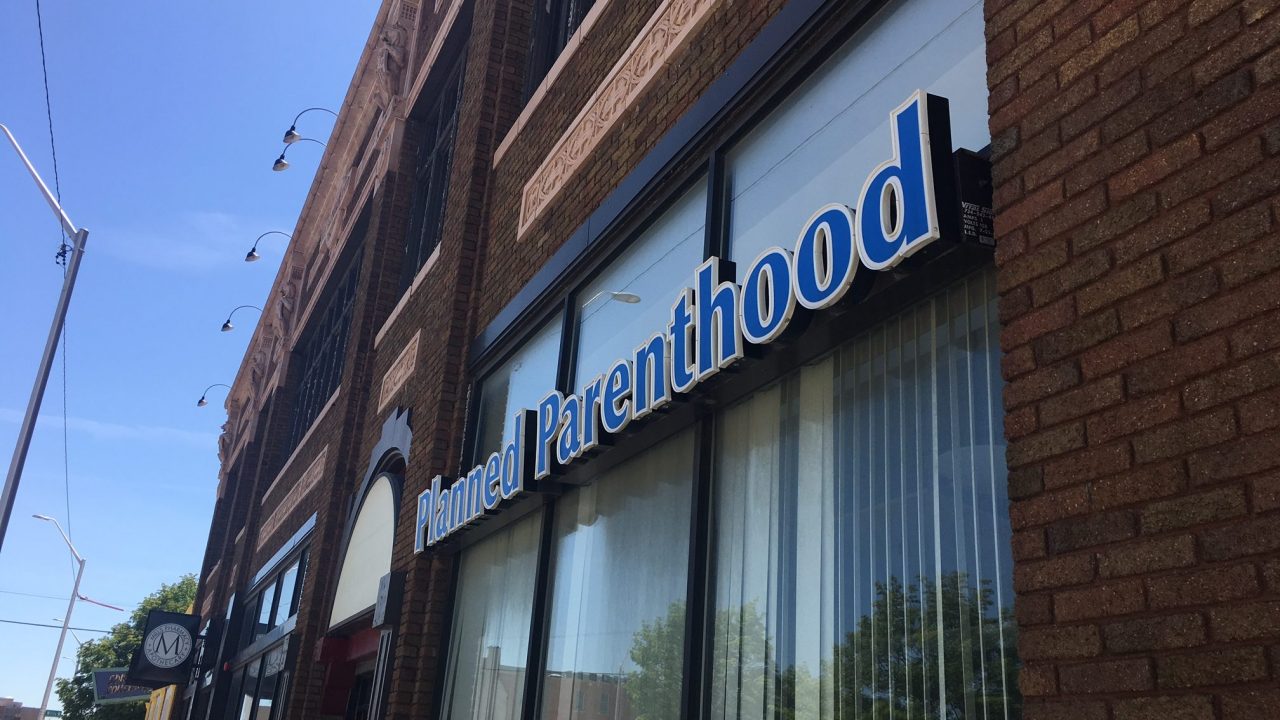Michigan’s 1931 anti-abortion law cannot be enforced, judge says
A challenge to the law was brought by Planned Parenthood of Michigan against Attorney General Dana Nessel, who has said she will not appeal. That means an appeal would likely have to come from the Republican-led Legislature.

Michigan’s 1931 law that criminalizes abortion cannot be enforced, according to a Court of Claims injunction.
On Tuesday, Court of Claims Judge Elizabeth Gleicher granted a preliminary injunction sought by Planned Parenthood of Michigan, saying the abortion ban likely violates the Michigan Constitution.
“After 50 years of legal abortion in Michigan, there can be no doubt but that the right of personal autonomy and bodily integrity enjoyed by our citizens includes the right of a woman, in consultation with her physician, to terminate a pregnancy,” the judge said.
Calling it “forced pregnancy,” Gleicher wrote she found a strong likelihood the Planned Parenthood will succeed on the merits of their constitutional challenge.
Prior to the ruling, the law was set to go back into effect in the likelihood that the U.S. Supreme Court overturns federal abortion protections that were set by Roe v. Wade. In May, Politico published a leaked draft of a Supreme Court opinion that indicated the court plans to overturn the landmark decision that established a constitutional right to abortion.
Dr. Sarah Wallett, the chief medical officer for Planned Parenthood of Michigan, says the ruling comes as a relief to her.
“This morning I was planning for the possibility that abortion would be illegal in Michigan and we would not be able to care for any patients,” Wallett says. “And this afternoon this means that I know I’ll be able to continue to take care of my patients.”
A challenge to the law was brought by Planned Parenthood of Michigan against Attorney General Dana Nessel, who has said she will not appeal. That means an appeal would likely have to come from the Republican-led Legislature.
Hannah Swanson, an attorney for Planned Parenthood, says appeals are possible.
“We have heard that Attorney General Nessel is not planning to appeal this decision,” Swanson says. “We don’t know whether the Legislature or somebody else would want to intervene in this case. If they did they could attempt to appeal the court’s decision to the Court of Appeals.”
Michigan Right to Life and the Michigan Catholic Conference had asked Gleicher to recuse herself due to contributions the judge had made to Planned Parenthood and previous work for the ACLU of Michigan.
The lawsuit by Planned Parenthood, which performs abortions, is one of two legal challenges in the state. Gov. Gretchen Whitmer, who supports abortion rights, filed a lawsuit in April, asking the Michigan Supreme Court to bypass lower courts and declare the 91-year-old law unconstitutional.
In a statement, Whitmer called the injunction a victory.
“Today marks an important victory for Michiganders,” Whitmer said. “The opinion from the Michigan Court of Claims is clear and sends the message that Michigan’s 1931 law banning abortion, even in cases of rape or incest, should not go into effect even if Roe is overturned. It will help ensure that Michigan remains a place where women have freedom and control over their own bodies.”
A statewide petition campaign is also gathering signatures that would put abortion and birth control rights before voters on the November ballot.
The Associated Press contributed to this report.
Trusted, accurate, up-to-date.
WDET strives to make our journalism accessible to everyone. As a public media institution, we maintain our journalistic integrity through independent support from readers like you. If you value WDET as your source of news, music and conversation, please make a gift today.

